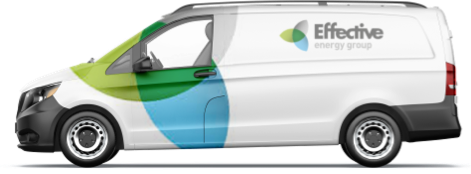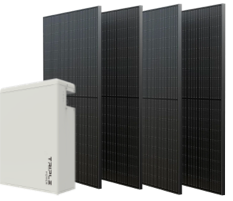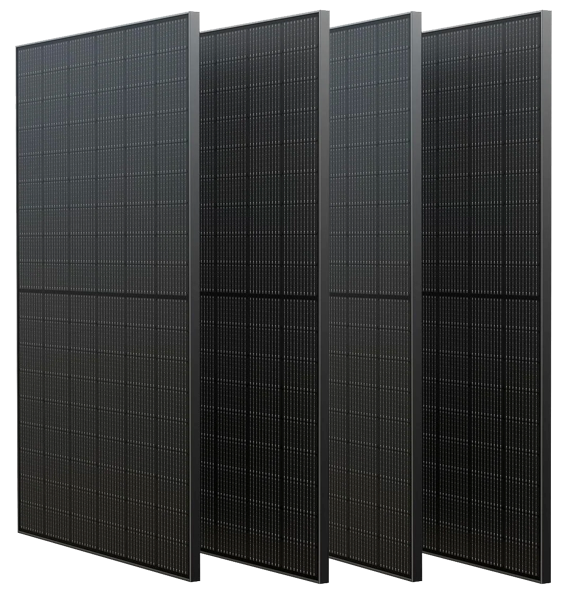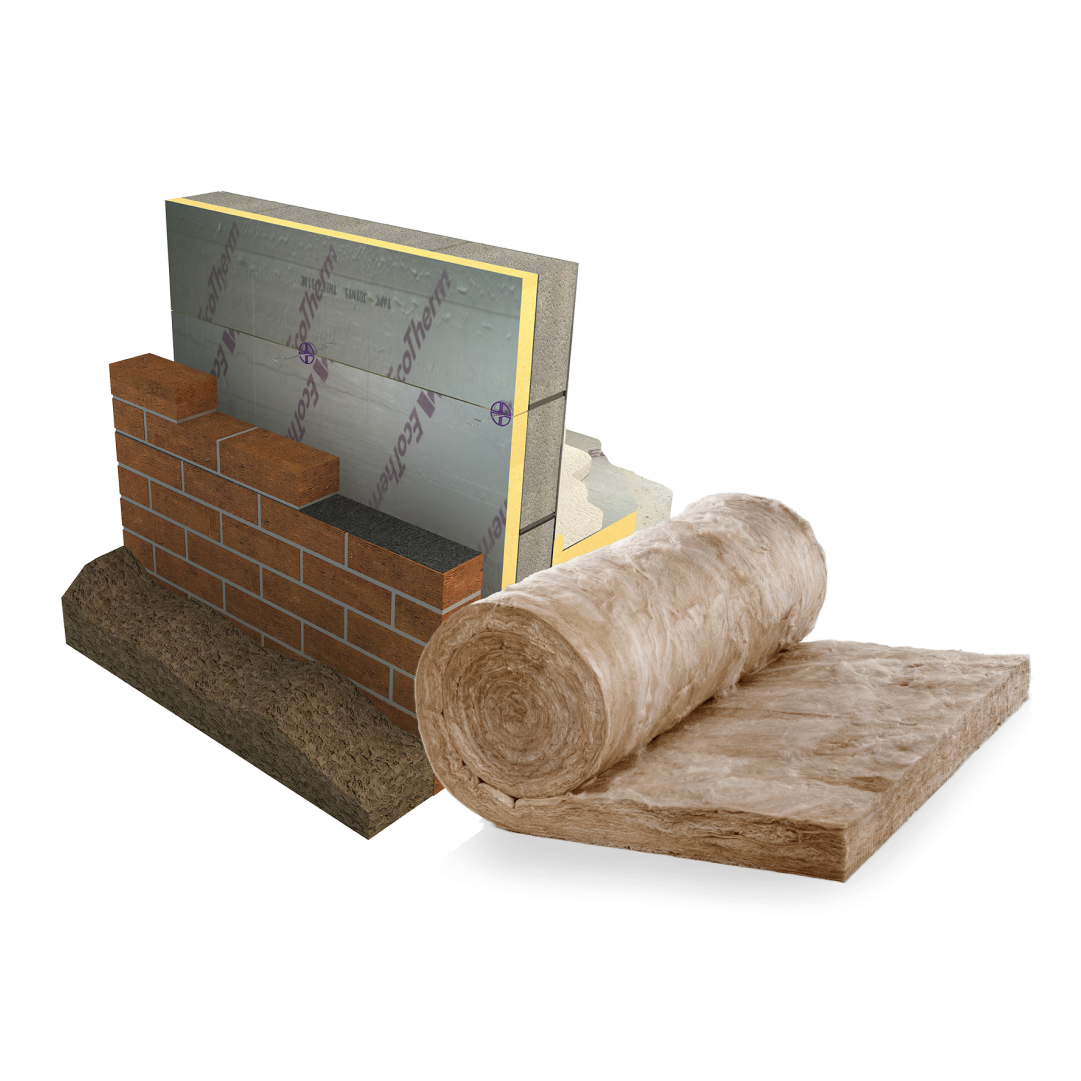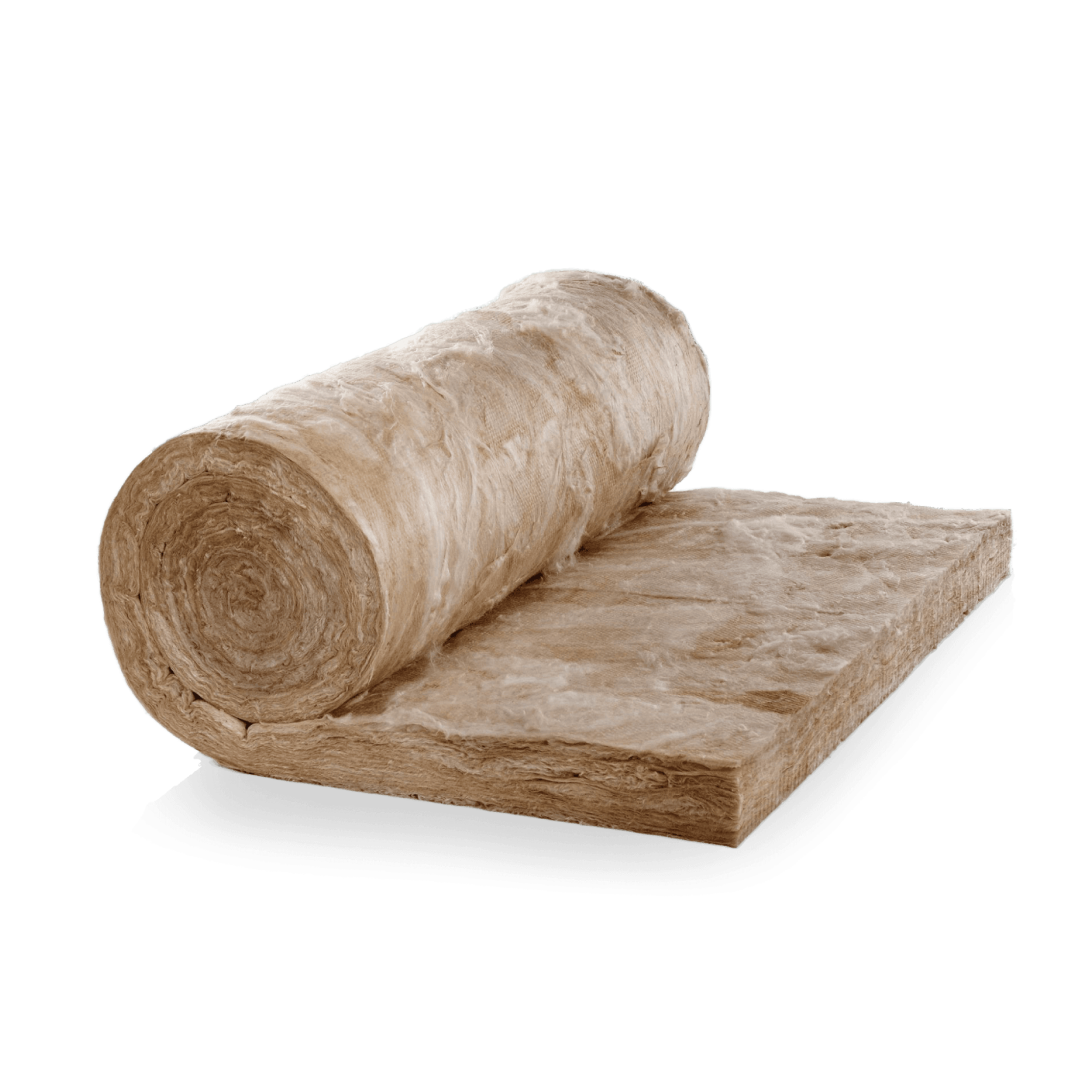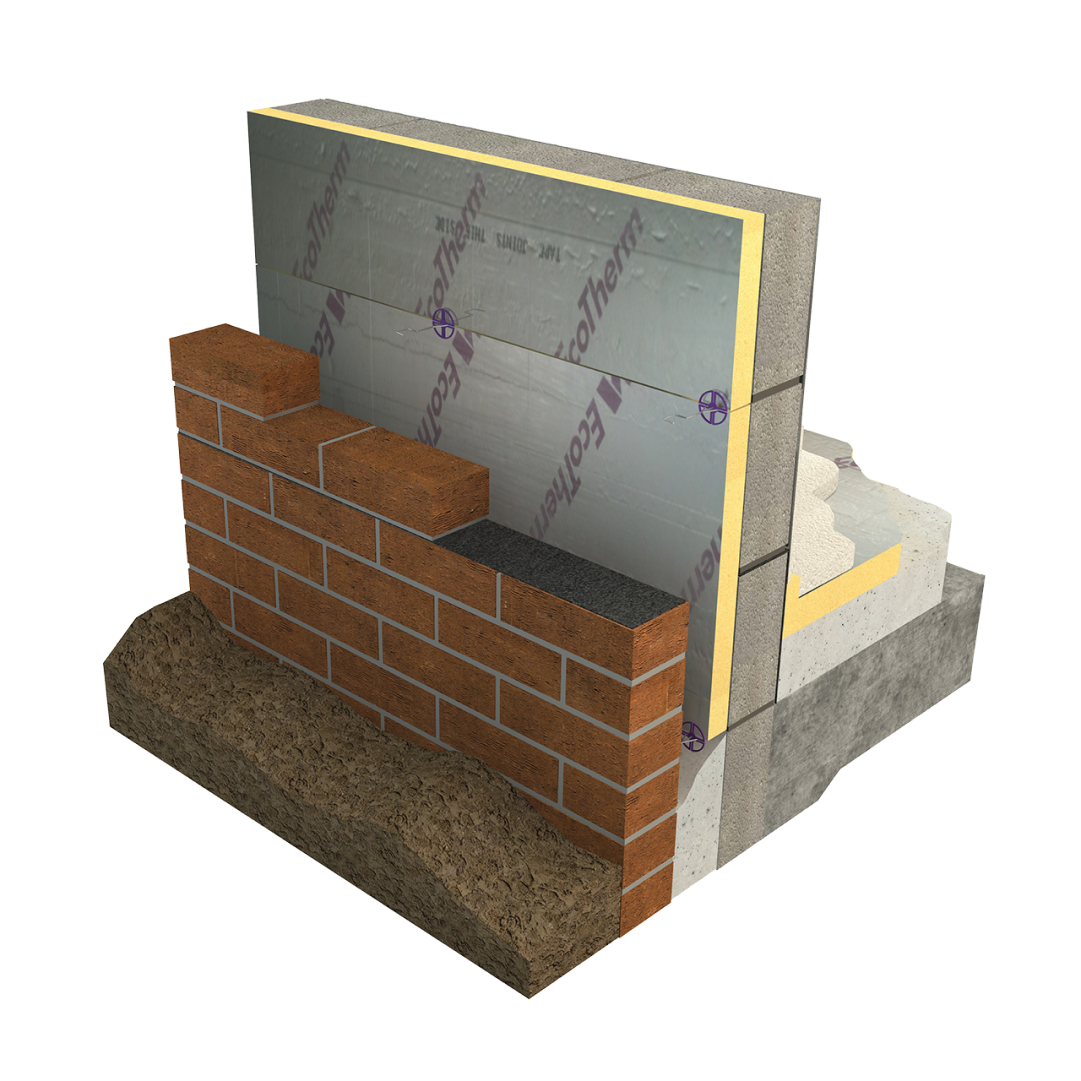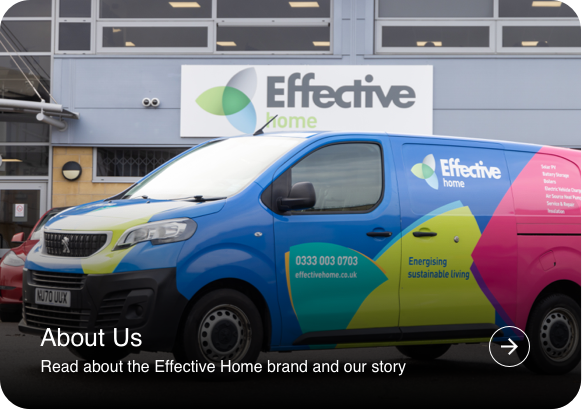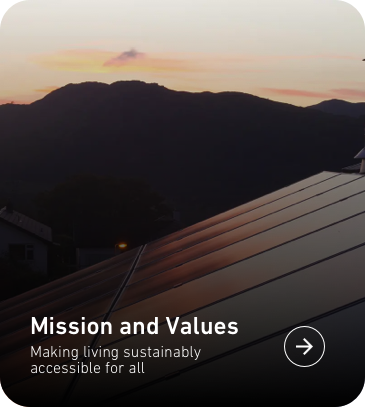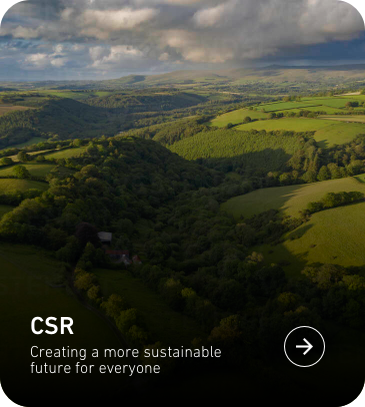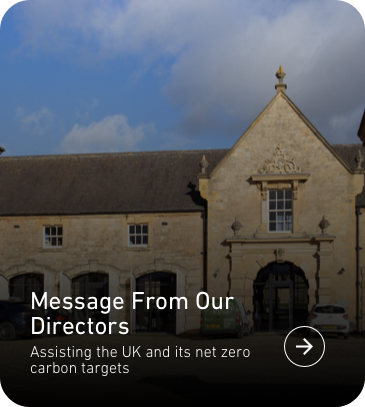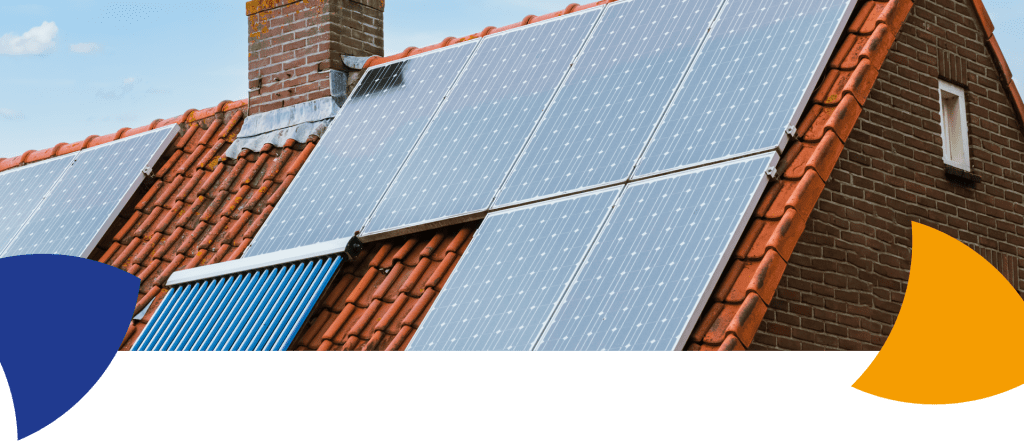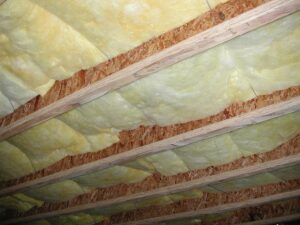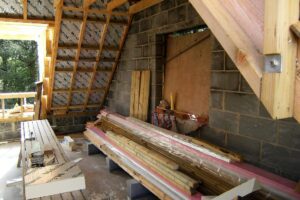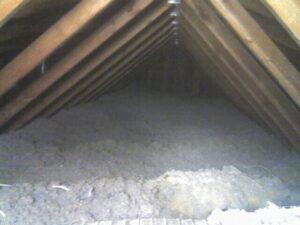The Energy Company Obligation (ECO) is a significant government-funded programme in the United Kingdom. It aims at enhancing the energy efficiency of residential buildings and improving the living conditions of their occupants.
Currently, it’s the fourth phase of this initiative, ECO4. It started in August 2022 and will continue till March 2026. So, what’s the ECO4 scheme? Like all the previous iterations, ECO4 is all about making homes better for the environment and the people living in them.
In this article, we’ll discuss everything about ECO4, from what it aims to achieve to its benefits and the types of improvement it covers. By the end, you should have a comprehensive understanding of how ECO4 is making a positive impact in the UK.
About ECO4 Scheme
The ECO4 is the fourth and final phase of the UK government initiative that started back in 2013. The main goal of this programme is to support low-income households and give people more energy-efficient homes to live in.
Such a programme qualifies households to receive funding for installing energy-efficiency-promoting improvements. Since it first began, the ECO scheme has helped transform hundreds of thousands of homes. This final phase aims to go above and beyond. and besides helping vulnerable people upgrade their homes and heating systems, this initiative is also part of steps to allow the UK to reach its net zero goal by 2050.
Key Objectives of ECO4
The ECO4 scheme has wide-ranging benefits for both the environment and the well-being of the people, driven by several key objectives, including:
- Lowering Carbon Emissions: One of the primary goals of the ECO4 is to promote energy-efficient practices and technologies. As a result, it helps lower carbon emissions and contributes to the nation’s efforts to combat climate change.
- Improving Energy Efficiency: ECO4 also seeks to make homes more comfortable and cost-effective for residents by improving their energy efficiency. This includes upgrading insulation, heating systems, and other elements to decrease energy consumption.
- Alleviating Fuel Poverty: The scheme addresses fuel poverty too. Through energy-saving improvements, it helps vulnerable households reduce their energy bills. Plus, it plays a critical role in ensuring fair access to efficient and affordable energy.
What Improvements does ECO4 Cover?
ECO4 is a programme that includes various energy efficiency measures to transform homes into more sustainable and environmentally friendly spaces. Such actions are specifically designed to address energy-related issues within the household, and they include:
Insulation Upgrades
Insulation upgrades are the main focus of the ECO4 scheme. Such enhancements are estimated to help households save money.
Depending on the specific needs of each household, many insulation measures are available through this initiative. This includes cavity walls, solid walls, room-in-a-roof, and loft insulations.
Moreover, the scheme adopts a fabric-first approach. Mainly, it means prioritising the improvements of the property’s energy efficiency through insulation before considering other measures, such as heating system upgrades.
Heating System Installations
The ECO4 scheme also supports the installation of environmentally friendly heating systems. This includes air-source heat pumps and biomass boilers.
Such advanced heating systems can replace outdated and inefficient boilers. Consequently, it leads to a potential energy bill reduction for households. If such heating systems aren’t suitable alternatives, the ECO4 scheme still has an option for solar panel installation.
Boiler Repairs
Fortunately, not all boilers need replacing with green heat systems. In fact, the ECO4 scheme also provides funding for repairing and upgrading existing boilers to improve their efficiency. Such practices aim to maximise the lifespan of boilers to last for over ten years.
That said, the aspects covered by the ECO4 scheme under the “boiler repair” solution are diagnostics, cleaning, and repair.
Find out what Government Grants you can receive & how much you can save
How much could I save?
Individuals Eligible for ECO4 Scheme
The eligibility criteria for the ECO4 scheme can make energy efficiency improvements available for a wide range of individuals and households. If you receive qualifying benefits and are a homeowner or a private tenant, you may benefit from this program.
To confirm your eligibility, you should undergo a check by the Department for Work and Pension (DWP). Such a check verifies your benefit status, but you might need to make a self-declaration regarding your household income, which must fall within the specified thresholds.
As for landlords with tenants who receive benefits, it’s vital to encourage them to apply for the grant. Not only does this help create a cost-effective living environment for your tenants, but it also enhances the energy efficiency of your property.
Overall, the ECO4 scheme may grant your property free electric storage heater installation or other insulation enhancements.
LAFlex Program
There’s still a chance to qualify for the ECO4 scheme even if you don’t receive any kind of benefits. This works through the flexible eligibility program (LAFlex) endorsed by certain councils.
Luckily, such a program provides the chance to upgrade homes. That’s especially true for those with the lowest energy efficiency (Energy Performance Certificate rating of D or lower). As a result, it ensures everyone gets the opportunity to benefit from reduced energy bills.
Energy Performance Certificate Requirements
The Energy Performance Certificate (EPC) is a document that provides information about the energy efficiency of a property or a building. It helps property owners understand the energy performance of their buildings.
Primarily, this rating
To benefit from the ECO4 scheme, the EPC rating of a building must indicate that it requires improvement. Generally, properties with an EPC rating of D or lower may be eligible for energy upgrades.
So, if a property has an existing EPC rating of D or E, the program needs to improve that rating to at least a C. On the other hand, if the current EPC rate is F or G, the program should improve it to reach a rating of at least a D.
Qualifying Benefit for ECO4 Scheme
The ECO4 scheme seeks to reach more areas with high rates of fuel poverty. However, some benefits that were eligible through ECO3 are no longer applicable through the ECO4 scheme.
| Qualifying Benefits for the ECO4 Scheme | Benefits No Longer Covered by the ECO4 Scheme |
|
|
* Child Benefit Income Threshold
Just like the benefits, there have also been changes to the threshold of Child Benefits under the ECO4 scheme. Here’s the modified version.
| Number of Children | Single Parents | Parents in a Couple |
| 1 | £19,900 | £27,500 |
| 2 | £24,800 | £32,300 |
| 3 | £29,600 | £37,200 |
| 4+ | £34,500 | £42,000 |
Steps to Apply for ECO4
Applying for ECO4 in the UK involves a few steps. It’s usually done through one of the energy suppliers offering it.
Check out the following steps for more information about the process.
- Contact Your Energy Supplier: Start by reaching out to your energy supplier or installer. They should be able to provide you with information about the ECO4 scheme, including eligibility criteria and energy efficiency measures.
- Check Your Eligibility: Your energy supplier or a designated installation representative will assess your eligibility for ECO4. Such an assessment may involve checking your EPC rating, household income, benefits, and other factors.
- Schedule an Assessment: If you meet the eligibility criteria, your energy supplier should schedule a qualified energy assessor to visit your home. This assessor will evaluate your house’s energy performance and determine the most suitable measures.
- Receive Recommendations: After the assessment, you’ll receive recommendations for improvements tailored to your property’s needs. These recommendations may include insulation upgrades, heating system improvements, or renewable energy installations.
- Start With the Improvements: Once you choose an accredited installer, they will proceed with approved improvements, which are typically funded through ECO4. This means you may not have to pay the full cost.
Companies That Offer ECO
The UK government scheme, ECO, obliges multiple large energy companies to support energy efficiency improvements in homes.
Generally, the list of suppliers can change over time. However, some of the primary energy companies that have participated before are likely to continue doing so.
Mostly called “obligated suppliers,” the list of companies contributing to ECO4 funding includes
- British Gas
- EDF Energy
- E.ON UK Solutions
- Scottish Power
- Octopus Energy
- Ecotricity
- Outfox The Market
- Shell Energy
- The Utility Warehouse
Final Thoughts
The ECO4 scheme is a significant step forward in improving energy efficiency and sustainability in the UK. It’s all about making homes in the UK better for the people and the environment as well.
Such an initiative helps households reduce energy consumption by focusing on insulation upgrades, green heating systems, and boiler repairs. Consequently, people get to save on energy bills.
Not only does ECO4 benefit individual homes, but it also aligns with the UK’s broader goal of reducing carbon emissions and promoting a greener future. All in all, it’s a representation of substantial efforts towards a more eco-conscious and energy-efficient nation.
